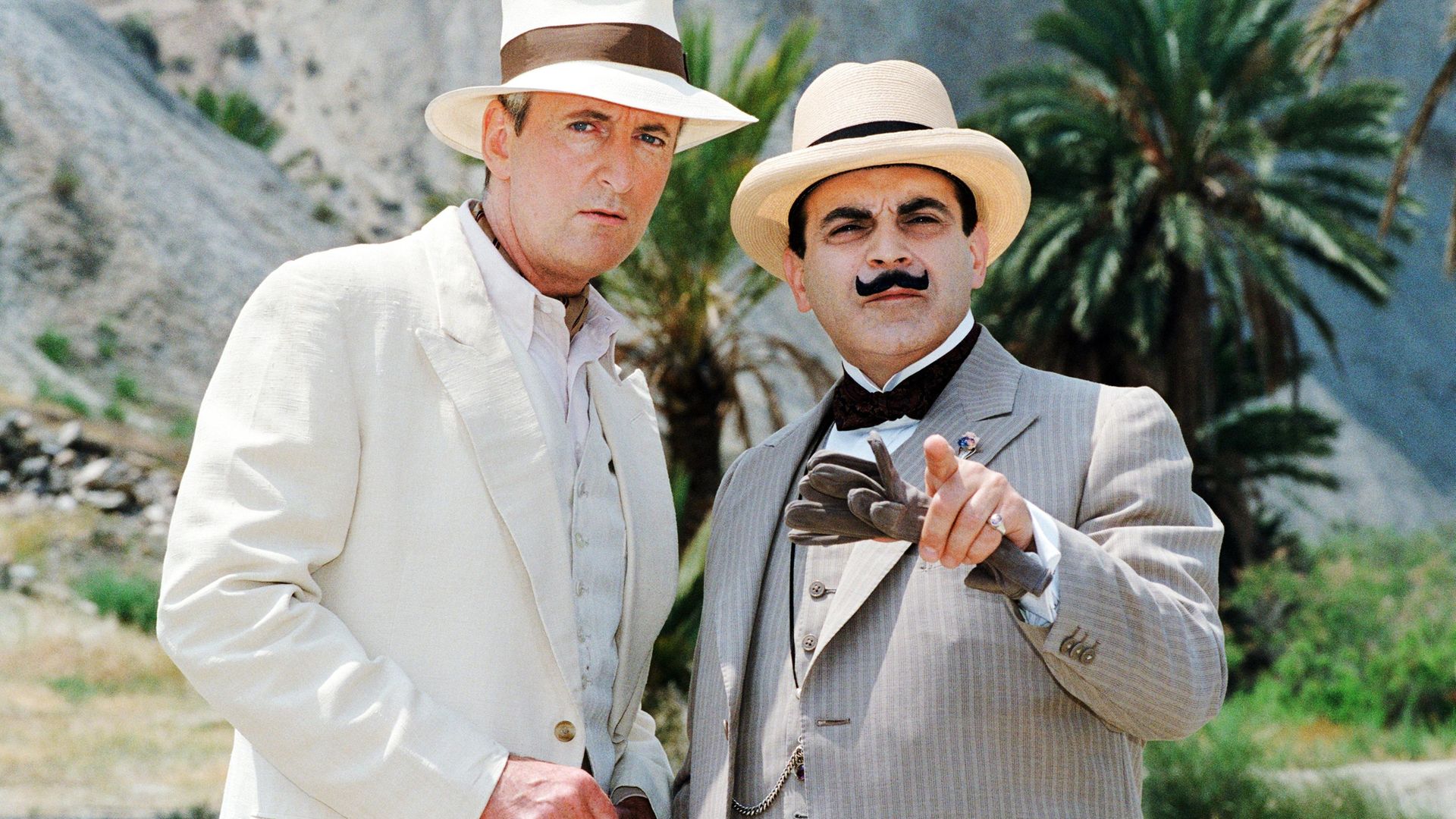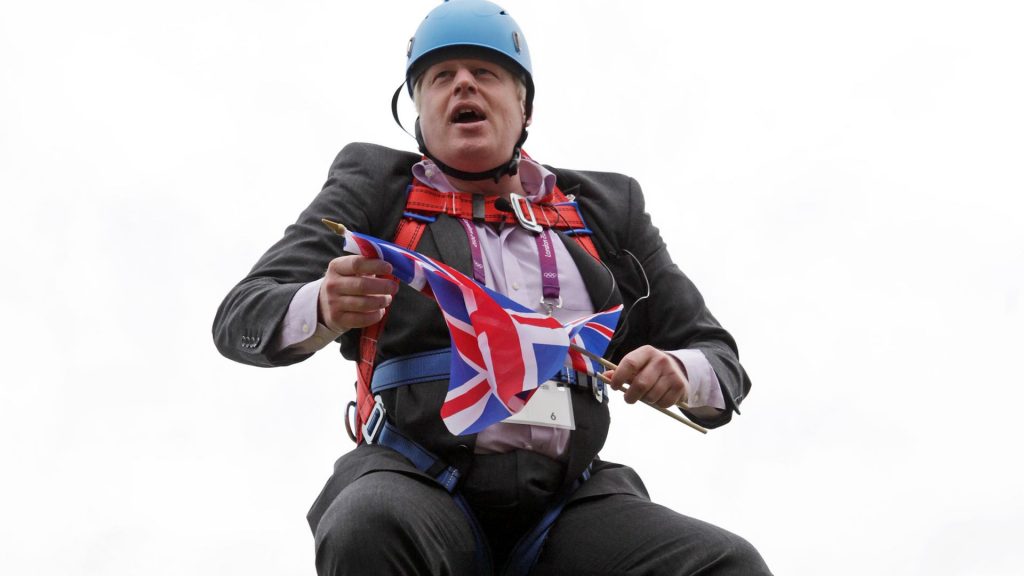
BONNIE GREER on why Boris Johnson’s success shows Britain is fatally addicted to toffs who get away with it
One of the nicer things about being an adult when you move and settle in another country is that there is always a bit of you that never quite assimilates.
Your new country is like a specimen in the laboratory of understanding: or rather you yourself are. There is always some conundrum. Some new national mystery.
One of my favourite games is with London cabbies, who presume that I have literally just landed at Heathrow. That is because I have never changed my accent. Maybe the pace, the insistence.
The so-called transatlantic accent is one of the worst sounds to emanate from the human voice. Think of Madonna’s a-sounds in that brief era when she was married to Guy Ritchie. Or of a group of actors playing Noel Coward on some stage in the American heartland, in accents that should only be reserved for torture.
I am told by those who would know, that I sound exactly like I did when I left Manhattan three decades ago. But no longer so loud.
And like all those years ago, I still stand in awe at this complex, mid-size nation which fights and always has fought well above its weight.
I watch Midsomer Murders and Poirot as keys to my understanding. This may sound ludicrous, but the genius of Agatha Christie, for example, is that she puts herself, her questions and bewilderment about her native land, inside the guise of a perfectionist foreign detective who reveals the underbelly of a nation the author herself must have been trying to comprehend.
There is one line in a television episode where Chief Inspector Japp, when asked where a certain house burned down, replies: “In some unpronounceable village.” It takes a genius to write that.
The writers of Midsomer Murders deserve every prize going.
The Queen was said to have asked one of its stars once if anybody was left alive there. Murders at craft fairs; village fetes; at country auctions, it is all there.
In many ways, the show is a deep dive into the underbelly of this culture.

But what writer would have had Boris Johnson and the royal family existing together in the same space/time continuum? Only Britain.
And more specifically: Only England. That England Of The Mind.
He is that great English trope: The Toff Who Gets Away With It and, as that, he exists for the jollity/rage of the nation. That the nation cannot bring down the curtain on him as it can with Poirot and Midsomer, is its Pit And The Pendulum, as Edgar Alan Poe would say.
But if I may be Poirot for a minute: I think that there is something deeper at work, of which Boris Johnson is only the manifestation.
There is a deep, maybe unconscious fear of direct and participatory democracy in British culture.
This is not to say that the British do not understand democracy nor have no democracy. I’m talking here about distrust, reticence, a kind of loathing. Maybe even fear.
Whenever I talk about Boris Johnson on social media, many of the responses summon up the spectre of Trump or any elected head of state for that matter.
The monarch is a bulwark against electing a nutter; as is the House of Lords, 800 plus unelected individuals who can rule on legislation. They become a kind of firewall against The People.
Without question, America is a mess. So is France. But this is what they have in common: there is an idea of the individual in relation to the state.
So, for instance, American-style diversity is decried in some places in France, even among people of colour, because it goes against the idea of the citizen. Many French people of colour hold on to the idea of being French, not as some cultural big-up but as a child of the promise of the revolution.
The French revolution was a complete act of massive change. By contrast, the American revolution created a kind of system of stop-gaps so that We The People do not get TOO out of hand. One stop-gap is the ludicrous electoral college.
In France, the various Republics have ceded more and more power to the president, but the French are still a revolutionary people. They take to the streets and stay there.
Britain petitions. Even when it marches.
This makes Boris Johnson an inevitable result of the tale, maybe even a kind of perverse incarnation of the tale that the nation has told itself ever since 1941. Its Finest Hour is where a lot of the UK lives while those WW2 veterans, guys born in 1958 and beyond, define what a nation in the early part of the 21st century looks like.
There is a large segment of the British population who still love the concept of The Toff Who Gets Away With It.
Arguably the greatest British film ever made is The Third Man. Partly filmed in a bombed-out, messed up Vienna, the shadows of the statues of past glories still evident, it climaxes in a sewer.
The great Orson Welles and the great Joseph Cotten do not quite hit the poignancy of Harry Lime and his friend, Holly Martins’ nostalgia about their school days.
Maybe that is because in the film they are Americans and Graham Greene’s original text is about life in an elite English public school.
This is Boris Johnson incarnate. Old Etonian. Elected a member of the ultra-exclusive ‘Pop’ at school. Friends of the family got him his first job. The lot.
This is Boris Johnson, living high in a space like Peter Pan’s Never-Never-Land where the Lost Boys rule.
But in this day and age, no one can keep up any longer with Peter Pan.
I have written about the anomaly of England, of Britain, a few times now because it is ultimately the only show in town.
This is a great country but it is running out of narrative arc, that vital element where The People recalibrate themselves.
No matter what the results of the May 6 elections, like American had to do with Trump, a coming-together, no matter how temporary, has to be found to defeat Boris Johnson and what he represents.
As the nation faces itself more and more, Boris Johnson will be seen as less and less.
Warning: Illegal string offset 'link_id' in /mnt/storage/stage/www/wp-includes/bookmark.php on line 357
Notice: Trying to get property 'link_id' of non-object in /mnt/storage/stage/www/wp-includes/bookmark.php on line 37







